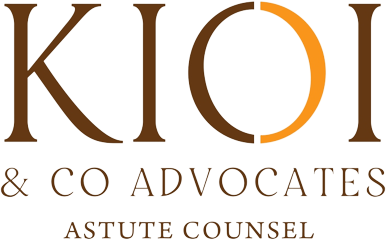The Attorney General published the Companies (Beneficial Ownership Information) (Amendment) Regulations, 2022. The regulations effectively expand beneficial ownership disclosure requirements to public procurement transactions and Public Private Partnership agreements. Why were these changes introduced and what are the effects of the changes? We have discussed these two issues in this article
An overview of the changes
- Clarification on individuals who fall under the category of beneficial owners – The regulations identify beneficial owners as any individual who directly or indirectly:
- Holds at least 10% of the issued shares of the company or exercises a minimum of 10% of the voting rights of the company
- Can appoint or remove a director of the company
- Exercises significant influence or control of the company
- It is now legal for the government to publish and publicize information regarding beneficial owners of a company awarded a tender under public procurement laws.
- It is now legal for the Public Procurement Regulatory Authority and Public Private Partnership Committee to request information regarding beneficial owners of company participation in public procurement or pubic private partnership arrangements.
Why were these regulations introduced?
The Constitution under Article 232 sets out the values and principles that are expected from the public service (which include public servants and the institutions they work for/represent). Among those values are the values of high standards of professional ethics, accountability for administrative acts, transparency and provision to the public of timely, accurate information.
In this regard, these new regulations were introduced to ensure that there is accountability for state organs and public entities contracting for goods and services. The amendments have made it legal for government authorities to disclose beneficial owners of a company provided such disclosure is for the public good.
What’s next for companies?
Companies should ensure they update their beneficial ownership information for them to participate in tenders from the public service and public-private partnership agreements. Failure to update beneficial ownership is also an offence attracting a fine of KES 500,000 on conviction and KES 50,000 a day for each day of non-compliance. For more information on this, you could consult a commercial lawyer.




